One of the many great things about The Capture was that we could never be sure whether the British authorities’ capacity for virtually blanket surveillance was a nightmare vision of the future or a nightmare portrait of the present. Celebrity Hunted, though, suggests a third possibility: that virtually blanket surveillance is simply proof of how marvellous the authorities are, and so untroubling that it can be played for laughs.
This third series is, once again, part of Channel 4’s annual Stand Up to Cancer season, and features four teams of two, whose job is to go on the run for a fortnight and avoid capture by intelligence experts equipped with the latest snooping technology. Once again, too, it confirms that TV can still do extremely broad-brush characterisation even when dealing with real people. The women from TOWIE, apparently forgetting the cancer bit, are ‘doing this for Essex’. The chefs Jean-Christophe Novelli and Aldo Zilli show how passionate they are by swearing a lot and saying how passionate they are. The rugby players Gavin Henson and Martin Offiah take a more blokeish approach, with much talk of toilets and faeces (not their preferred term).
Nonetheless, Sunday’s first episode was comprehensively stolen by the I’m a Celebrity duo of Georgia ‘Toff’ Toffolo and Stanley Johnson — who, as several surveillance experts wonderingly noted (echoing, I suspect, the thoughts of many viewers), is ‘the Prime Minister’s father, for goodness’ sake’. Nor, as it turned out, did the programme-makers have to worry that Stanley may have followed his son’s example of abandoning a once-proud commitment to projecting amiable buffoonery.
Toff and Stanley’s fugitive life began in the agreeable surroundings of a county pile owned by an old Oxford chum of his. At this stage, Toff’s faith in her partner was total. After all, the man was a trained spy himself. Despite such expertise, however, it didn’t take Stanley long to make his first mistake. The following morning, having borrowed his friend’s car, he paid for the petrol with his personal credit card. ‘When did you train to be spy again?’ asked a suddenly disillusioned Toff.
Sure enough, the people at surveillance HQ were immediately aware of the payment — although, rather touchingly, they thought it might be a brilliant piece of misdirection, on the grounds that Stanley couldn’t possibly ‘be stupid enough to use his own card’. Once they discovered that he could, they soon had the CCTV footage of him at the petrol station, along with the car’s registration number. By the time the pair reached Birmingham New Street station, they were being watched every step of the way in full The Capture style, as Toff bought Stanley his Daily Telegraph and they waited for a train that, for all the programme’s plucky attempt at a cliffhanger ending, seems unlikely to deliver them to a place of safety.
Meanwhile, anybody missing The Capture itself could do a lot worse than Giri/Haji (BBC2, Thursday). This is perhaps not one for the casual viewer. Much of the opening episode was in Japanese with subtitles. There was also an extended anime section for no obvious reason other than to bump up the show’s already quite bumped-up Japanese credentials.
The protagonist is Kenzo Mori, a Tokyo detective who proves that it’s not just British TV cops whose families tend to the long-suffering. On a much-anticipated day off, Mori was duly called to a crime scene — and a pretty spectacular one at that. Several members of a Yakuza crime family led by a man called Fukuhara had been murdered in a drive-by shooting apparently ordered by a rival crime boss whose nephew had been murdered in London with Fukuhara’s ceremonial sword.
In the traditional way, the police are keen to prevent all-out gang warfare and, as luck would have it, the key might well lie with Mori’s brother, Yuto: a family sheep so black that it appears he recently headed to London with Fukuhara’s stolen sword. So can Mori find him before the British police do?
On his arrival in London, there was a neat cliché reversal, as a visitor from Tokyo found himself disoriented — in this case literally — amid the alien surroundings of the West. Not only that, but a series of flashbacks is now suggesting he has a dark secret of his own. (So that’s not just British cops either.)
At this stage, the result is an intriguing mesh of storylines. But it’s also clear that the programme faces an increasingly common challenge for current drama shows: treading the fine line that divides the winningly stylish from the excessively stylised. This is something that Killing Eve has more or less managed for two series, but that Peaky Blinders seems to have given up on completely. Happily, when it comes to Giri/Haji, the signs so far look distinctly hopeful.
Got something to add? Join the discussion and comment below.
Get 10 issues for just $10
Subscribe to The Spectator Australia today for the next 10 magazine issues, plus full online access, for just $10.
You might disagree with half of it, but you’ll enjoy reading all of it. Try your first month for free, then just $2 a week for the remainder of your first year.

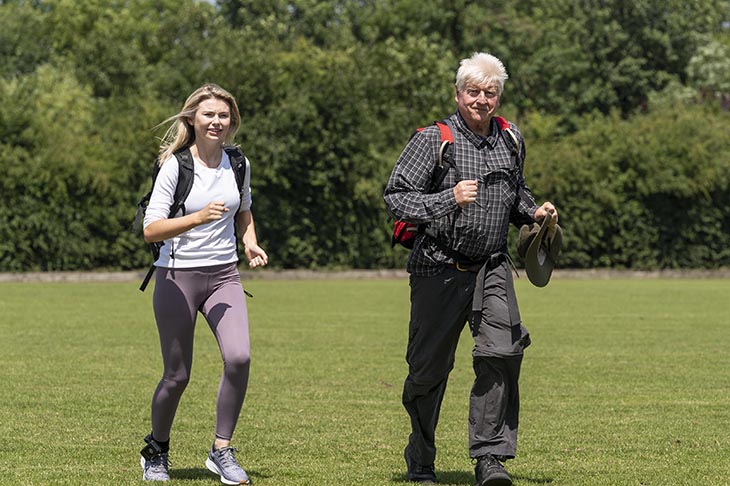
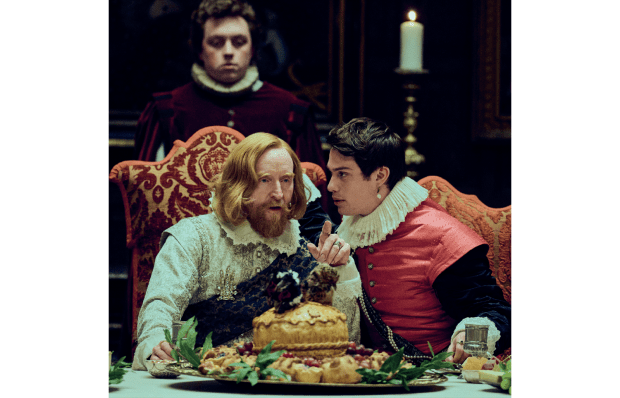
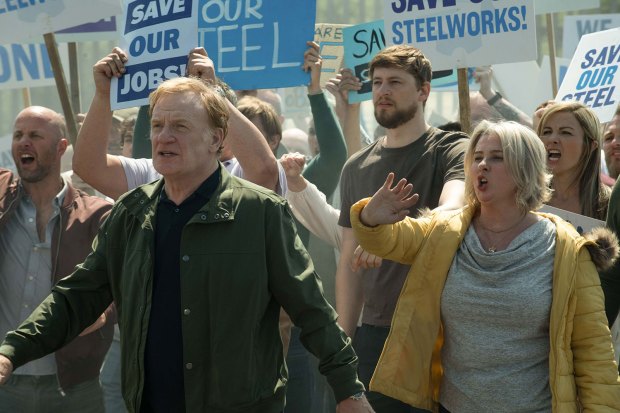

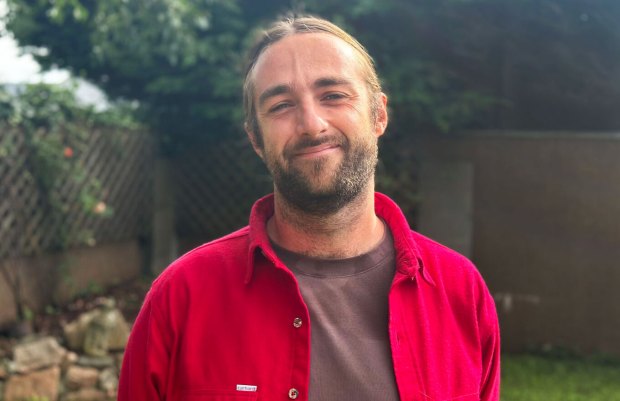

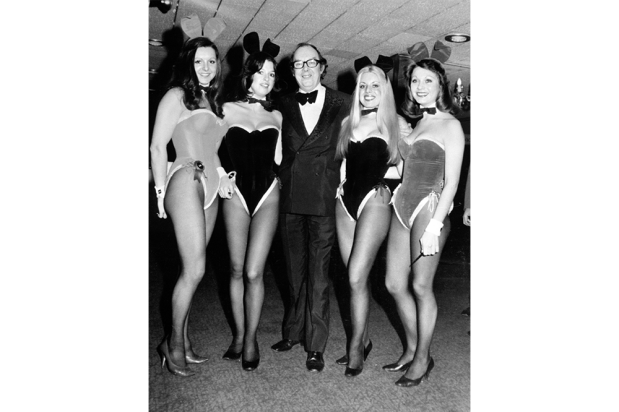






Comments
Don't miss out
Join the conversation with other Spectator Australia readers. Subscribe to leave a comment.
SUBSCRIBEAlready a subscriber? Log in